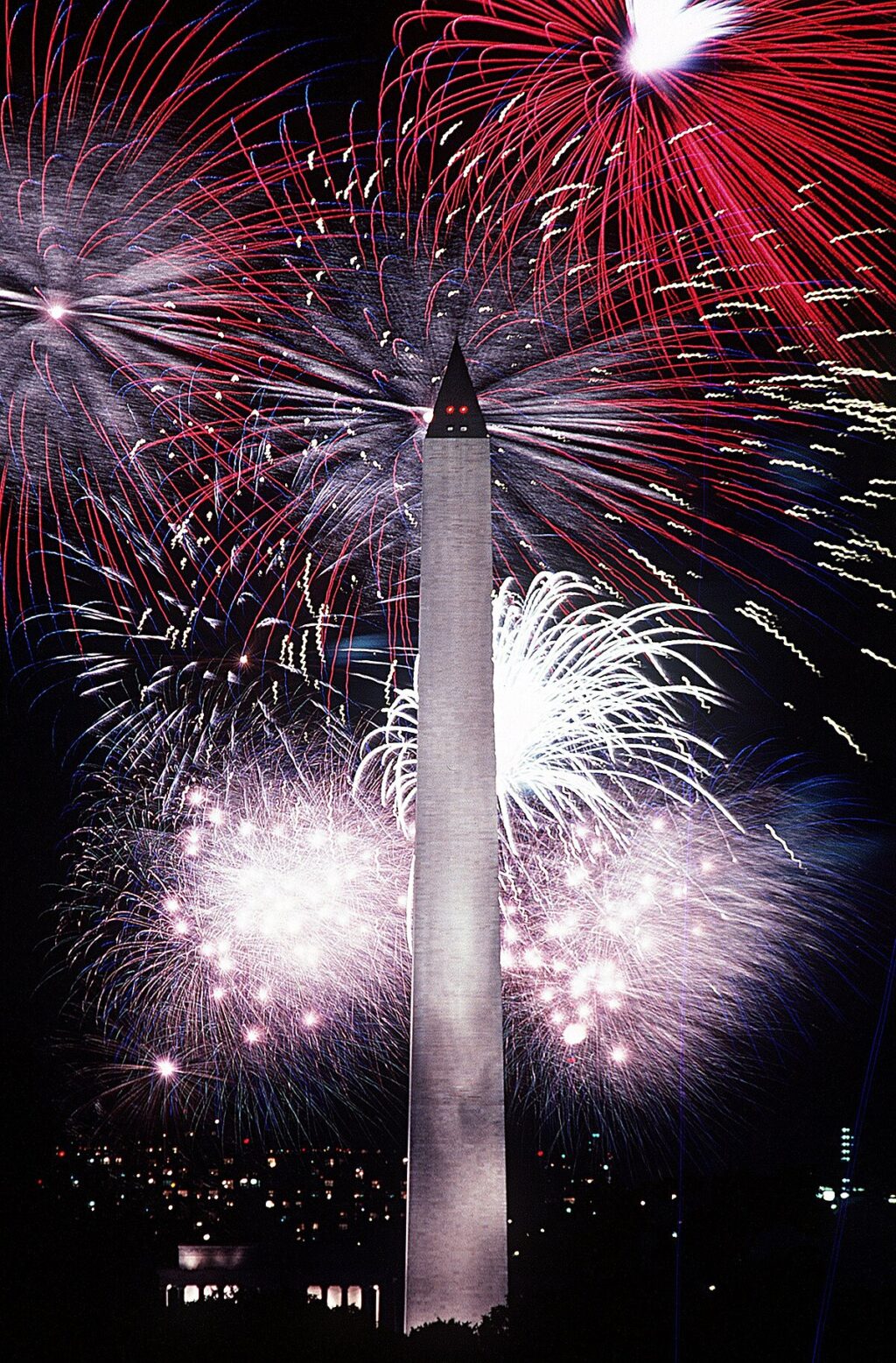
Introduction
The July 4th holiday, also known as Independence Day, is a significant event celebrated primarily in the United States, marking the adoption of the Declaration of Independence in 1776. While Canada does not officially observe this day, its importance resonates through shared history and cultural connections. As many Canadians have family and friends across the border, understanding the July 4th holiday’s implications is relevant in fostering cross-cultural relations and appreciating the values of freedom and democracy.
Celebrations and Traditions
In the United States, July 4th is celebrated with various events, including fireworks, parades, barbecues, and family gatherings. It is a day filled with patriotic displays, where individuals often show their national pride by wearing red, white, and blue. Major cities like New York, Washington D.C., and Chicago host large-scale fireworks shows that attract thousands of spectators. In addition to these public celebrations, many families celebrate privately, remembering the significance of the day while enjoying time together.
Cross-Border Significance
For Canadians, the July 4th holiday can serve as a reminder of the close ties between Canada and the United States. Many Canadians take the opportunity to partake in their neighbors’ celebrations. Some Canadian cities, particularly those close to the border, will often observe the holiday with their own festivities, including fireworks and barbecues, creating a shared atmosphere of celebration. Furthermore, as tourism increases during this time, many Canadians cross into the United States to enjoy the festivities firsthand, highlighting the cultural exchange between the two nations.
Conclusion
The July 4th holiday serves as a significant marker of national pride and historical importance in the United States. For Canadians, while it is not an official holiday, it presents an opportunity for cultural engagement and appreciation for the values of independence and freedom. As both nations continue to foster their diplomatic relationships, understanding each other’s holidays contributes to a stronger, more connected North American community. Looking ahead, Canadians may find more avenues to engage with American celebrations, emphasizing the interconnectedness of their cultures.



